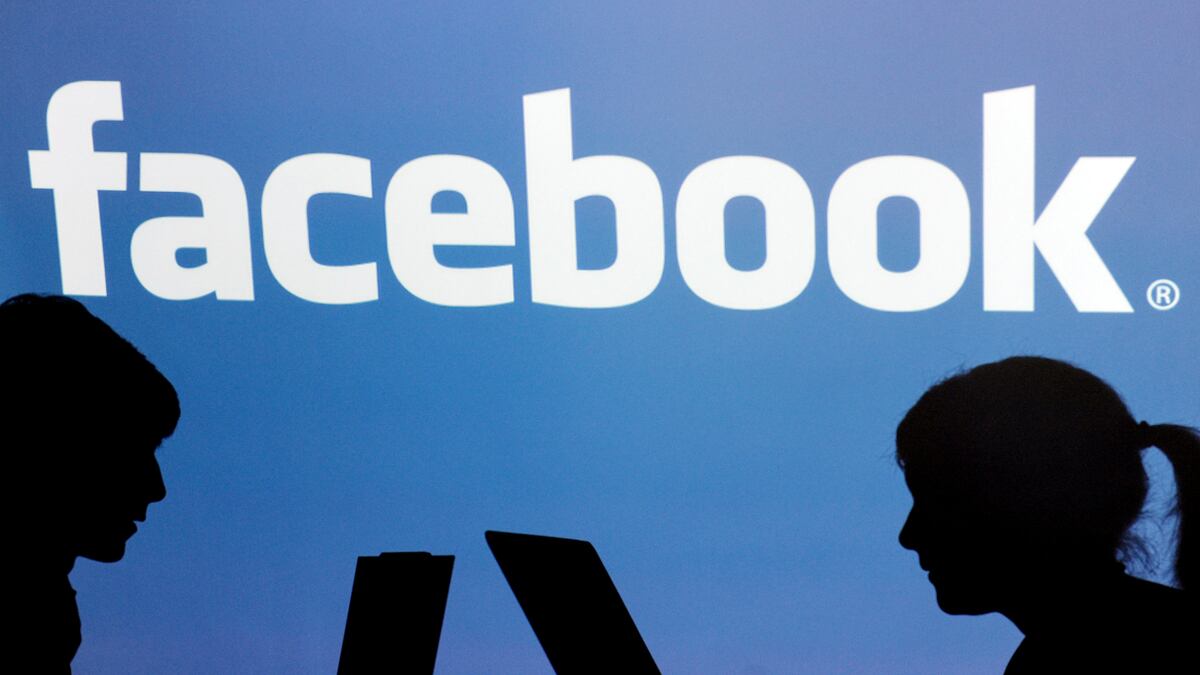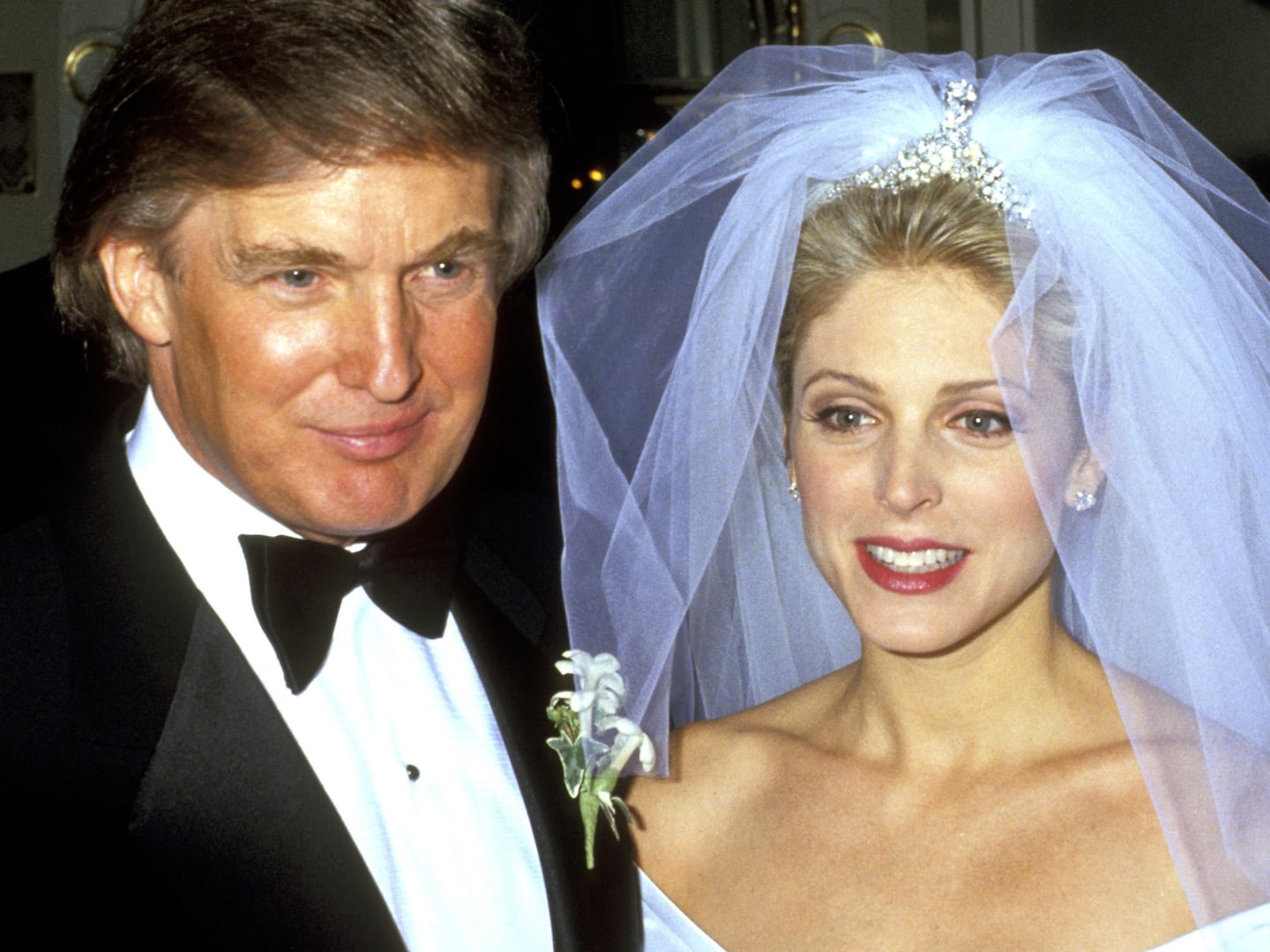We’ve seen this movie before. Facebook rolls out new changes, its users kick and scream, Facebook walks the changes back a bit, and then everyone gets on with their lives.
Here we go again. Facebook just introduced a new homepage with a layout that sends you a stream of “top news” in the main center column of the page—Facebook decides which stories you see. The idea is to make Facebook operate “like your own personal newspaper,” according to a company exec. There’s also a new “ticker” on the right side that automatically refreshes itself, so new items crawl up the column. It’s basically a knockoff of Twitter, the microblogging service.
But Facebook users don’t like the site choosing their top stories for them. As one wrote, in all caps, on Facebook’s Help page: “HEY GOOGLE MORONS WE DON’T WANT TOP STORIES! NOBODY SETS THEIR PAGE TO TOP STORIES. … HOW DO YOU KNOW WHAT IS IMPORTANT TO ME FACEBOOK? CAN YOU READ OUR MINDS?” From another came this: “Fucking jackasses. I want posts from my friends listed in order from recent to oldest. Period! Shove the top stories up your asses facebook!”
Others are complaining that Facebook’s layout, which was already overcrowded and ugly, has now become even more cluttered. In short, Facebook’s users, as usual, want things switched back to the way they were before.
The bad news is, this is just the beginning of a larger rollout of changes. Facebook is expected to introduce even more new features this week, including a partnership with a bunch of music-streaming companies like Spotify, MOG, and Rdio. This will happen at Facebook’s annual conference, F8, which starts tomorrow.

Facebook’s changes represent a response to a new threat from Google+, the social-networking site that has been attracting lots of buzz—including from high-profile social-media mavens like Robert Scoble—since it launched nearly three months ago. To be sure, Facebook remains the undisputed champ of social networking, with 750 million members, making it far bigger than Google+, which claims only 10 million members. (Others estimate Google+ could have as many as 20 million members, but Google won’t confirm that.)
But Google+ nevertheless represents a threat, if only because Google is a formidable competitor with deep resources and a history of successful innovation. Which means this is a bad time for Facebook to be drawing the ire of its users. The timing couldn’t be worse: this week, just as Facebook was taking heat for changing its homepage design, Google+ announced news of its own—the site, which had previously required an invitation, is now open to the public.
Moreover, while Google+ is still the David to Facebook’s Goliath, there are ways in which it’s better, despite its smaller size. For one thing, its user interface is much cleaner and easier to understand. To grossly oversimplify, the design of Google+ seems to be inspired by Apple, with its Zen minimalist approach, while Facebook suffers from a disease I call Microsofitis, a condition in which you just keep cramming in more and more features, cluttering up pages with buttons and menus and myriad little things for the user to learn.
So is Facebook running scared? Not yet, but the No. 1 social-networking site, though clearly dominant in this space, does seem rattled. In May, just before Google+ was introduced, Facebook was busted trying to run a clumsy smear campaign against Google, as revealed in a Daily Beast exclusive.
And there are signs that Facebook has been losing momentum. As Business Insider pointed out recently, in recent months Facebook has rolled out a bunch of new features that have fallen flat. These include services that aimed to compete against Foursquare, Twitter, and Groupon, and a feature called Messages that was supposed to take the place of email, but didn’t. And while a lot of people cheered at numbers indicating that Facebook generated $1.6 billion in revenues in the first half of this year, one analyst pointed out that this means Facebook might have fallen short of its previous estimates for the year.
Facebook is expected to float an initial public offering of its stock sometime in 2012, and its investors include some of the biggest power players in Silicon Valley and Wall Street, all of whom are counting on Facebook’s boyish 27-year-old CEO, Mark Zuckerberg, to deliver them a hefty payday.
A year ago the notion of a huge and lucrative Facebook IPO looked like a slam-dunk. Today the company is facing real competition, and looking a bit shaken. Now it must find a way to stay ahead of rivals by adding new features and expanding the things people do on Facebook—and do this without angering its members. That will be a tricky wire to walk.






